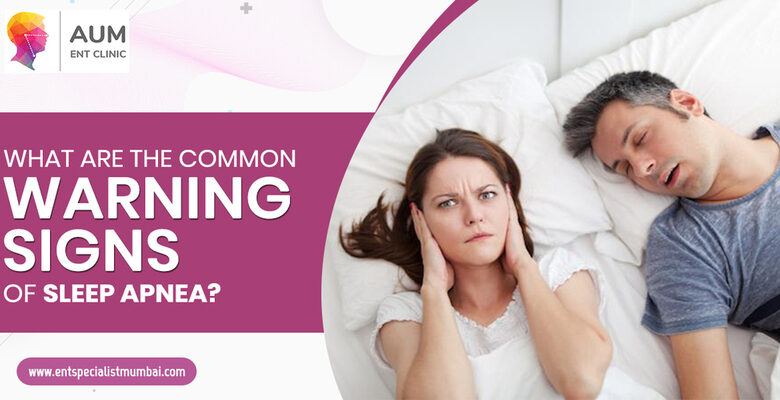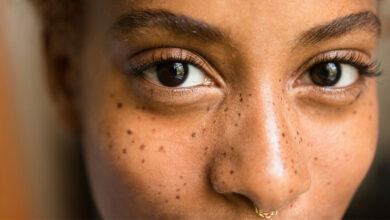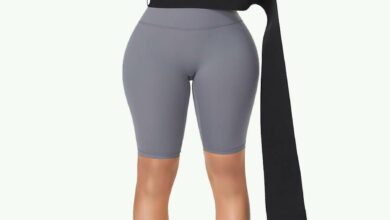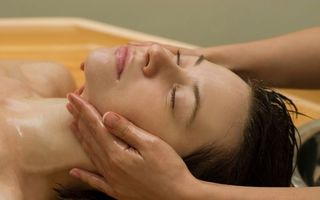Health and Medical
What are the common warning signs of Sleep Apnea?

When you are sleeping, your airways collapse or become blocked, which is called obstructive sleep apnea. You can stop breathing repeatedly throughout the night for 20 to 30 seconds at a time.
Obstructive sleep apnea treatment is important because as a result of untreated apnea, a variety of diseases can occur, such as hypertension, heart disease, stroke, diabetes, and some headache disorders. However, many people with sleep apnea are unaware of their condition.
Here are some warning signs for you.
- You’re a Noisy Sleeper
Sleeping with a loud noise can indicate an obstruction in your upper airway. Snorers may not all suffer from apnea, but the two are often linked. Those who snore loudly are more likely to develop sleep apnea.
Your bed partner may notice that you snore loudly, punctuated by breathing pauses if you have apnea. They can occur hundreds of times each night, and they are called apnea episodes.
- Restless During Sleep
The symptoms of apnea include tossing and turning and other signs of a restless night’s sleep. You might be suffering from apnea if you are kicking, jerking, and thrashing around in your sleep. Your sleep will be disrupted when you have trouble breathing at night.
- Always Tired
The quality of your sleep might be affected by apnea even when you’re getting a full night’s sleep. For example, you might fall asleep while watching TV or reading. This might result in you being more irritable, less productive, and making more mistakes on the job. Poor sleep can even make you more prone to catching colds because it interferes with the immune system. In the daytime, poor sleep results in all kinds of spillover effects.
- You Fit the Profile
People with obstructive sleep apnea are at greater risk. Apnea is more prevalent among men than among women, but the risk increases after menopause for women. Overweight and obesity increase the risk of apnea substantially.
Talk to your doctor if you recognize any of these warning signs for sleep apnea snoring treatment. A sleep study will probably be recommended. Sleep studies analyze your breathing patterns while you sleep.
Who is most likely to develop sleep apnea?
The condition can affect anyone (even children).
Certain factors, however, can increase people’s risk, such as:
- The condition of being overweight
- Age and gender: Men and women after menopause are more likely to suffer from sleep apnea.
- An enlarged adenoid or other physical characteristic narrows the airways.
- You have a family member suffering from sleep apnea.
- Having high blood pressure
Obstructive sleep apnea treatment and diagnosing
If you experience any of these symptoms, it’s important to get evaluated and to get obstructive sleep apnea treatment. If left untreated, sleep apnea can negatively impact your health.
Sleep studies are generally used to diagnose sleep apnea. In addition to improving sleep quality and reducing health complications, managing the condition can give you a better, more restorative sleep. Speak to your dentist or doctor if you experience any of these symptoms. They will recommend the best sleep apnea snoring treatment for you to feel better and sleep better.





